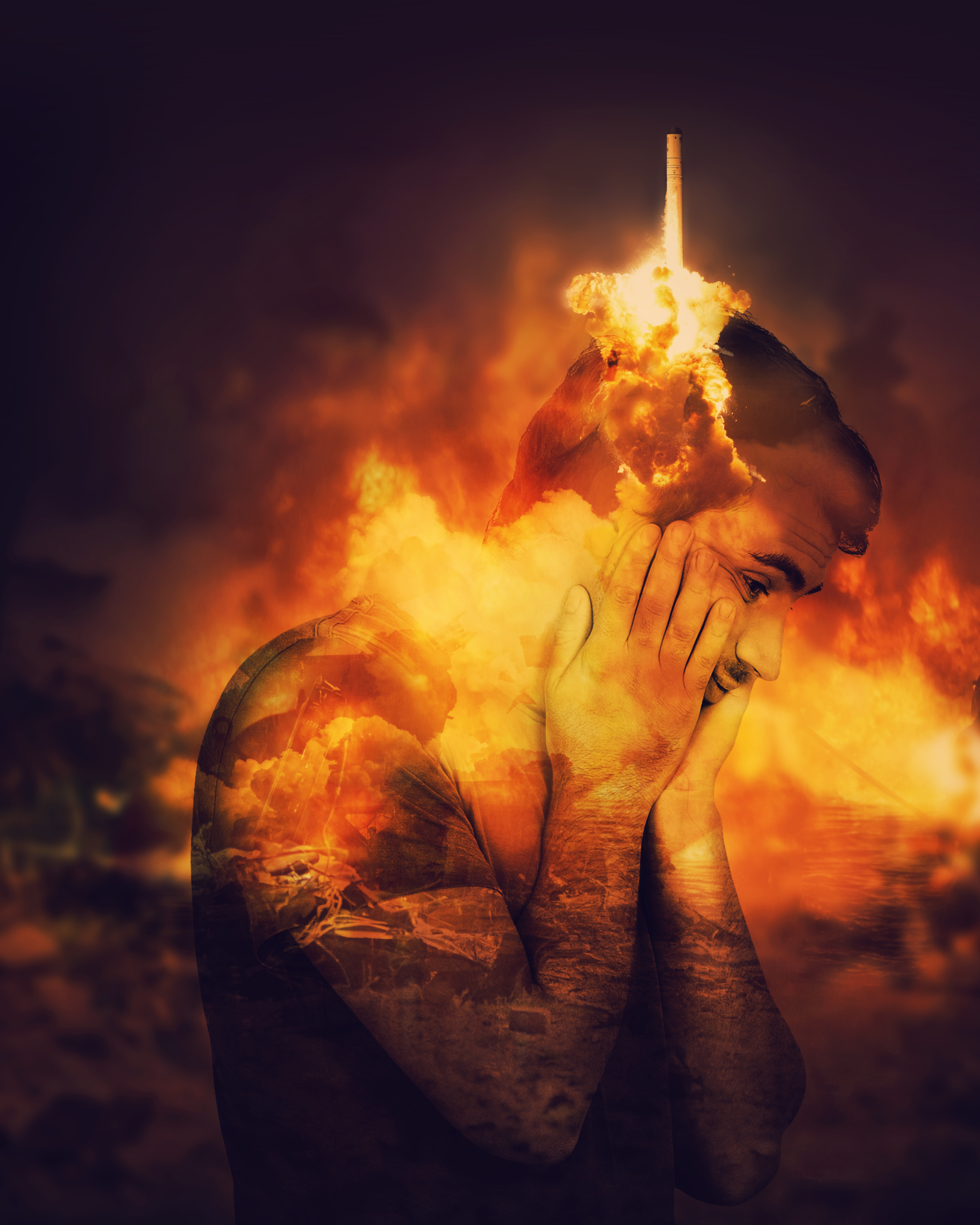Panic Attacks
The terror of an approaching panic attack fuels the fear but, it won’t kill you, it is your body’s arousal centre on hyper alert, its trying to keep you safe by flooding you with adrenalin. In response to this you may start avoiding situations where you risk an attack and this may just start affecting your life. We are our thoughts and we can make change.
Panic attacks are not fatal you will not die although your brain is telling you that you will.
If you did stop breathing you would faint, your body’s urge to survive would kick in. Fainting would regulate your breathing. The average panic attack lasts ten minutes, the choice is: faint or stay with it and control your breathing.
I will explain what your body is doing and how it is your thoughts that start the process.
Read more
What happens: an unconscious thought occurs, usually memory of something traumatic, the death of someone close, an accident, a fear or a phobia. Usually the conscious mind is not aware of this thought but your body certainly is and kicks in to action a sequence of physical events.
The thought triggers a reaction in the primitive part of the brain, an almond shaped bit called the amygdala responsible for releasing arousal. The body ready's itself for ‘fight or flight’, adrenalin is released. A sharp intake of breath, also generally unnoticed gets the heart racing and increases the oxygen supply to the parts of the body needed for immediate action.
More rapid breathing, a queasy feeling in the stomach, slight dizziness, a feeling of choking, your body is hyperventilating rapidly exhaling through your mouth makes matters worse, as oxygen is taken out of your body too quickly with carbon dioxide.
Inhaling and exhaling through your nose will stop this process, running around the block can help get rid of the adrenalin that is coursing through your body but will also continue the need for oxygen. Distraction and deep breathing through the nose is the best way to end the attack.
When the amygdala, the primitive part of your brain is in charge, the thinking brain is suspended, you will not be able to think clearly, you may feel blind panic, unable to process thoughts, you just want to get the hell out of there!
It is common for panic attacks to be triggered by a lack of oxygen, on planes, in supermarkets, places where your control of the situation is in question you may feel trapped, helpless, the amygdala your ‘arousal switch’ turns on, everything is a threat.
The 7/11 method
..reach for something a pillow or a sweater or use the fold of your elbow, close your eyes bring your elbow or cushion or whatever up to your closed mouth, breathe in through your nose counting 7, breathe out also through your nose counting 11. It should be a deep breath, try to feel your stomach push outwards. If 7/11 is too much at first try 3/5 and work up, remember, breathe in and out through your nose.
NOTE: PTSD is treated differently, it may include panic attacks but is different in strong real-time flashbacks are the main issue.
SLEEP DISORDERS:
Sleep Apnea; where the body momentarily stops breathing can also start the body’s primitive need to increase oxygen intake, please do consult your GP if you snore, are overweight, constantly tired and suffering panic attacks.

